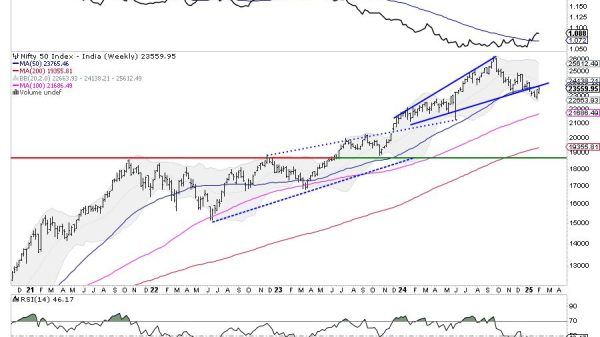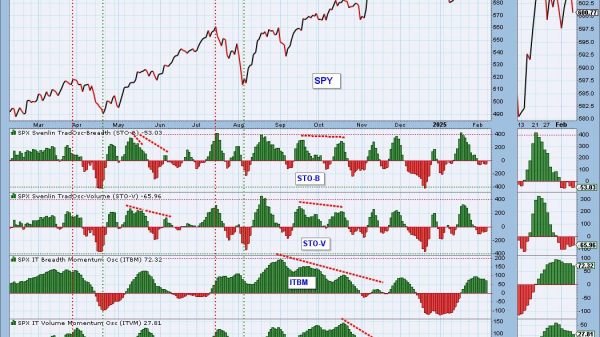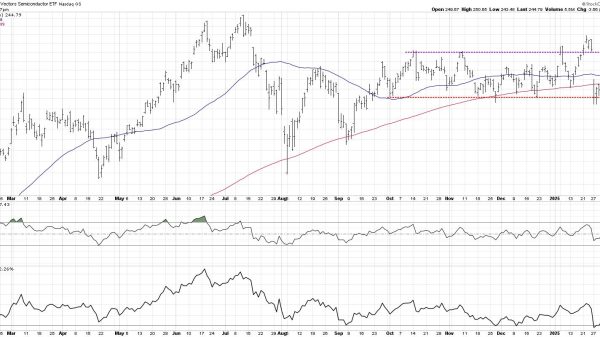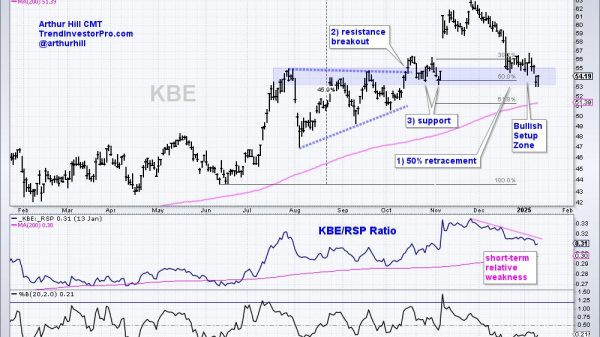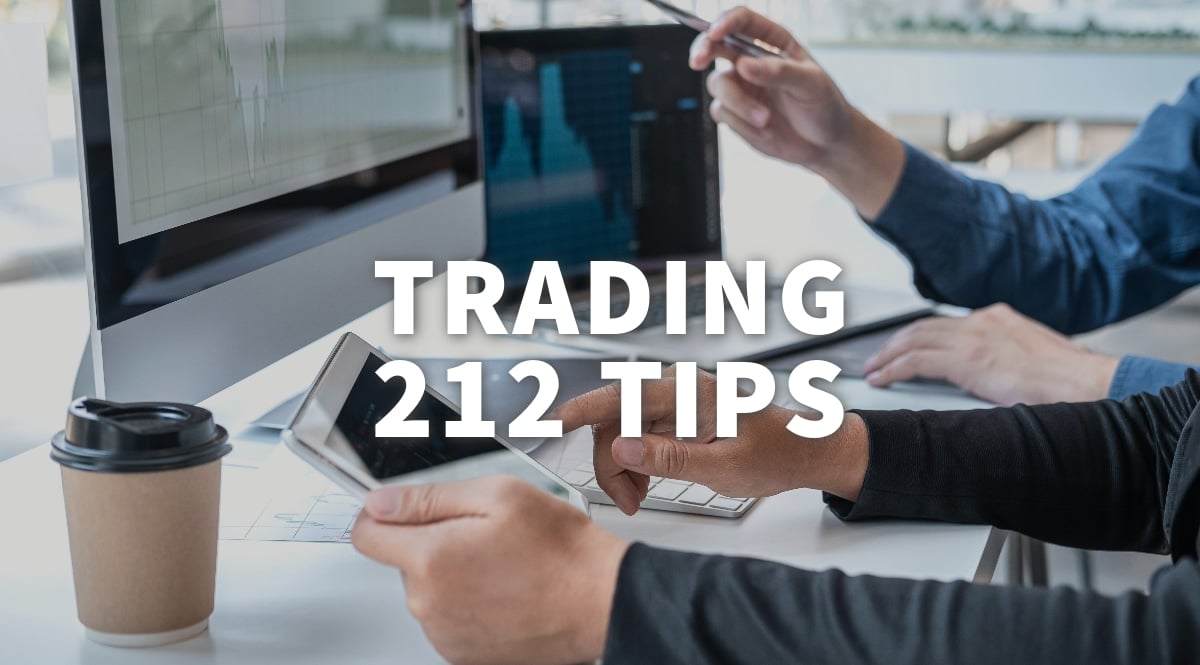Trading 212 Tips: Step-by-Step Guide for Beginners
Trading 212 is a trading and fintech company that offers a commission-free trading platform for investing in stocks, ETFs, forex, commodities, and more. Before we give you the main Trading 212 tips for beginner traders, here are some key points about Trading 212.
What is Trading 212
Before we get onto Trading 212 tips, let’s delve deeper into the features of this platform.
Founded in 2004 in Bulgaria, Trading 212 expanded its services to the UK in 2016 and has since become one of the most popular trading apps in Europe.
One of its major selling points is that it provides commission-free trading. This means that users can buy and sell assets without being charged a brokerage fee, though there might be other costs involved, such as currency conversion fees.
The platform offers various types of investment accounts, including Invest, ISA (Individual Savings Account for the UK market), and CFD (Contract for Difference). It’s important to note that CFD trading is complex and comes with a high risk of losing money rapidly due to leverage.
Trading 212 has a user-friendly interface, making it suitable for both beginners and experienced traders. The platform is available both on the web and as a mobile app.
The platform provides a “practice mode” where users can trade with virtual money, which is helpful for beginners trying to learn how trading works or for testing different strategies.
Trading 212 is regulated by the Financial Conduct Authority (FCA) in the UK and the Financial Supervision Commission in Bulgaria. Regulation ensures that the company adheres to certain standards and provides some protection for users.
One of its features is the ability to buy fractional shares. This means users can invest small amounts of money in companies that have high share prices.
The platform has its own beginner trading guide encompassing the best tactics and strategies for sustainable trading success. Here they are.
Trading 212 Tips – Beginners guide
There are many more mistakes that are possible to make that are not included here. However, these are some of the most commonly made investing mistakes- making them the ones most important to be aware of. Also there are some important Trading 212 Tips you should know.
Trading 212 Tips for Beginners
1. Overestimating your ability
It is risky to assume that you are a successful investor, especially if you are a beginner without a proven track record. This error is frequently made during periods of stock market growth, as this is when stock prices tend to rise.
In a bull market, investors may be deceived into thinking that they are invincible and have superior investing skills. Although this mistake may not be evident during a bull market, it can be detrimental to new investors when a bear market emerges. It is important to remember that markets can decline as well as rise, and this misconception can lead to the downfall of inexperienced investors.
2. Thinking you need to be “rich” to invest
You don’t require a lot of money to begin. This is one of the easiest mistakes to avoid when it comes to investing. With Trading 212, you can put your money into investments without paying any commission, starting with as little as £1. So, waiting until you have more money is not a valid excuse to postpone getting started.
Every investor has to start somewhere, and now is almost always the best time to begin, thanks to the benefits of commission-free investing and fractional shares. By purchasing just a fraction of the total stock price, you can invest in companies like Apple (AAPL) and other global and UK-based stocks. The power of compound interest, along with the snowball effect of investing over time, is a significant force.
If you want to invest in Apple shares, for example, £50 invested every month can turn into over £40,000 over 30 years at 5% growth a year.
3. The importance of an emergency fund
It is important to have a sufficient amount of money saved up before making any investments. This savings should be enough to cover your essential expenses for a period of 3 to 6 months. It is recommended to keep this money in a checking or instant-access savings account, as it allows for easy access when necessary.By doing so, you won’t have to sell any of your investments in order to pay for unexpected expenses like a broken boiler or a car repair. This emergency fund serves as a protective barrier between your immediate needs and your long-term financial goals. It is crucial to include this in your pre-investment planning.
4. Knowing your investing goals
It is crucial to take the necessary time to comprehend your own self, your requirements, and your desires. Gain an understanding of the purpose behind your investments. It is not solely about making money; rather, it is about the significance of that potential extra money and the impact it could have on your life.For instance, let’s consider the scenario where you desire to invest in Apple stocks from the United Kingdom. The decision of whether to invest in Apple shares today is contingent upon your financial objectives.
If you are in the early stages of your career and focusing on capital appreciation, you must determine whether the price of AAPL stock will continue to increase. Conversely, if you are nearing retirement and prioritizing income, you would need to examine the dividend yield for Apple and compare it with other stocks.
One illustration is putting money aside for your retirement. A solid investment strategy acquires the most precious asset of all – ‘time’. An additional source of income can grant you the freedom to decide when you want to work and when you want to retire completely. Having a well-defined objective like this significantly increases the likelihood of staying focused. Reflect on how much you require and the deadline – that becomes your target.
5. Investing money you need in the short term
If you have extra money that you want to put into something, but you know you will need it back within the next 5 years, it is not advisable to make an investment. The future of the market is uncertain over such a period of time, and there are many factors that can influence its performance in the short term. Setting aside money for a significant purchase in the near future is actually a form of saving, rather than investing. It is crucial to differentiate between the two. Savings should be kept secure to ensure they are accessible when required. Investments, on the other hand, carry more risk, which is why a longer-term perspective is necessary.
6. “Top investing tips” from the wrong place
Exercise caution when consuming content on YouTube and social media platforms. It is essential to conduct thorough research and have a clear understanding of the products or services you intend to purchase.
Alternatively, if you prefer someone else to handle your investments, consider seeking guidance from a certified financial advisor who operates within regulatory frameworks. In any case, it is strongly advised to avoid taking investment advice from unreliable sources such as individuals at local bars or influencers on TikTok.
7. Chasing trends & buying past performance
The performance in the past cannot be used as a reliable indicator for future performance. This statement is not only a regulatory requirement, but it is also a fact.
Just because a particular stock, investment style, or asset class performed well in the previous year, it does not guarantee that it will continue to do so in the current year. It is important to allocate sufficient time to conduct thorough research and analysis.
If you find yourself interested in a specific investment theme, it is crucial to assess the level of growth that the market has already factored in for that particular area. In the case of individual companies, if you come across a stock that has experienced a significant price increase of 100% within a short period of time, accompanied by excessive hype, it is probably too late to invest in it.
8. Not diversifying is a risk
It is not wise to rely solely on one option or strategy. If you do not spread out your investments, you are exposing yourself to more risk compared to someone who has diversified their portfolio. It is recommended to invest in various companies, sectors, and regions in order to minimize the impact of any negative events. This approach not only provides greater protection, but also reduces the stress associated with investing.
Thankfully, there are over 12,000 trading instruments available from the UK and other parts of the world that you can choose from to diversify your investment portfolio. Moreover, with the help of Pies&AutoInvest, you have the opportunity to fully automate your diversified portfolio and create an investment plan that aligns with your goals and budget, while still maintaining control.
9. Constantly watching markets
Having an excessive amount of data can be tempting to meddle with your investments. The landscape is constantly evolving and there is a constant influx of news, but in most cases, it will have little impact on a sensible long-term investment strategy. If your investment objectives are focused on the long-term, it rarely makes sense to alter them due to short-term changes in circumstances. There is no necessity to constantly monitor your investment performance every 5 minutes, especially if your investment time horizon spans from 5 to 25 years.
To draw a parallel, if you were participating in a marathon, would it be logical to track your distance covered in increments of a quarter-mile?
10. Waiting to invest
If you’re anticipating the ideal moment to commence investing, you will never come across it. It simply doesn’t exist. As long as you are focused on long-term results, the sooner you initiate your investments, the more advantageous it will be. When you take a broader perspective and examine a significant time frame, historical data demonstrate that markets have generally experienced more upward trends than downward ones. Consequently, it is highly recommended to have a long-term involvement in the markets.
11. Lack of patience
Investment should not be seen as a shortcut to becoming wealthy. Impatience often results in significant errors in investment decisions. It is important to embrace the concept of foregoing immediate gains in order to increase the likelihood of long-term profits.
12. Being Emotional
“Be fearful when others are greedy, and greedy when others are fearful.” Warren Buffett
Making investment decisions based on emotions can be extremely expensive. It can be challenging to manage our emotions, particularly when the market is declining, and we witness a decrease in the value of our investments. It is important to acknowledge that there will be challenging periods and not let them divert our attention from our financial objectives.
13. You have to understand the assets you invest in
According to renowned investor Peter Lynch, if you are unable to explain why you own a particular investment to a 10-year-old within 2 minutes, then it is likely a mistake. It is crucial to comprehend the rationale behind your investment decisions. Once you have a clear understanding of an investment, it instils the necessary confidence to either hold onto it for the long haul or sell it if circumstances change. For example, suppose you are a devoted Apple enthusiast who eagerly follows their events and closely monitors their business. In that case, it might be wise to consider investing in AAPL on the Nasdaq in order to avoid making the same error as mentioned in the previous list.
The post Trading 212 Tips: Step-by-Step Guide for Beginners appeared first on FinanceBrokerage.






